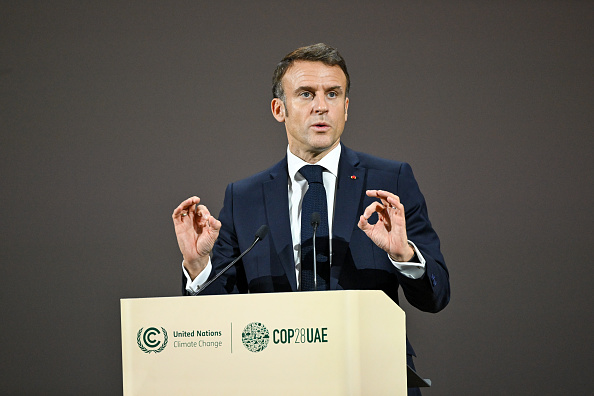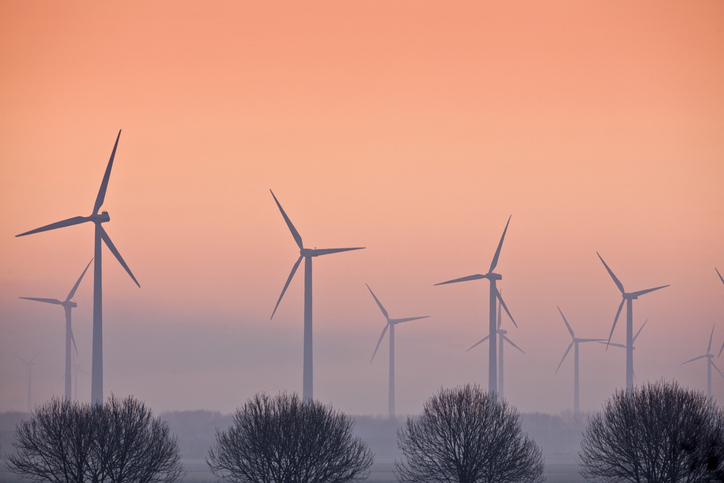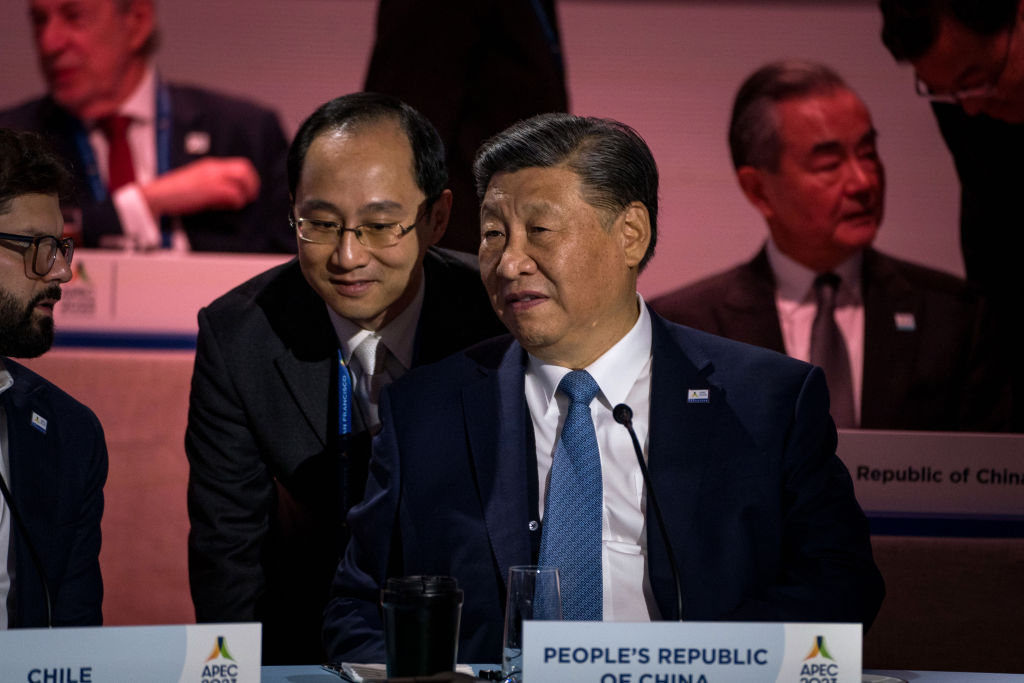Switzerland, generally seen as having closer ties to China than the rest of Europe, has signed a deal with Beijing to strengthen their relationship.
Further empowering the Swiss alliance with China as its third-largest trade partner may mean the curtailment of the European country’s much-vaunted neutrality, some observers suggest.
Berne’s agreement with Beijing, signed on January 15, includes letting Swiss citizens visit China without a visa, likely bolstering the two countries’ free-trade agreement.
In 2023, Switzerland chose not to enforce European Union sanctions against Chinese individuals and companies.
Marco Castelli, who owns a small business based in Shanghai, told Brussels Signal: “China needs more business” and “they are trying to facilitate business travels”.
Switzerland’s closer economic ties with China also make criticising its domestic human-rights record and perceived “ambivalence” over the Ukraine war more troublesome, it is argued.
In 2021, Beijing blocked imports from Lithuania, causing such to drop by 80 per cent, according to the European Commission in December the following year.
According to sources including the Associated Press at the time, all Lithuania had done to incur China’s wrath was allow Taiwan to open an office in Vilnius with the name “Taiwan”, instead of Beijing’s preferred “Chinese Taipei”.
If such small acts of symbolism matter, it seemed to many that Switzerland was taking no chances.
Swiss President Viola Amherd met China’s Prime Minister Li Qiang and his delegation at Zurich airport when they arrived on January 14.
Military honours then greeted the Chinese delegation at the Lohn Estate, a manor and estate located in Kehrsatz. It serves as the official estate of the Swiss Federal Council and as such it was a rare welcome, usually reserved for Switzerland’s most valued international visitors.
The new agreements include China now granting Swiss citizens visa-free entry at airports.
Switzerland, apparently not quite meeting Beijing halfway on visas, said that “it will provide greater visa convenience for Chinese nationals and Chinese enterprises investing in the country”, according to Jingjing Li, a journalist based in in Beijing.
Both sides agreed to hold a “new round of strategic dialogue at the foreign ministerial level” this year, she added.
An expanded bilateral relationship will also see “meetings of the financial working group, energy working group, education policy dialogue and consultations on United Nations Security Council affairs” in 2024, Li said.
These moves build on a steadily growing relationship in recent years, which includes Switzerland joining the China-led Asian Infrastructure Investment Bank in 2016.
In 2019, the Swiss authorities signed a memorandum of understanding on third-party co-operation in China’s Belt and Road Initiative. That is the global infrastructure development strategy adopted by the Chinese authorities in 2013 to “invest” in more than 150 countries and international organisations.
Perhaps as an example of the limits facing Berne in its relationship, Swiss diplomats were unable to engineer a meeting between Li Qiang and Ukraine’s President Volodymyr Zelenskyy.
That is despite the fact both leaders were in Berne at the same time and then headed to Davos.
With Ukraine hoping to engage China in multilateral peace talks to end the war in Ukraine, Swiss diplomats had apparently hoped Li Qiang and Zelenskyy might make the trip together.
China provides Russia with bulletproof vests and helmets made in Shanghai, to equip its troops in Ukraine.
It seems to many that Beijing’s relationship with Russia is not one it is willing to jeopardise.





